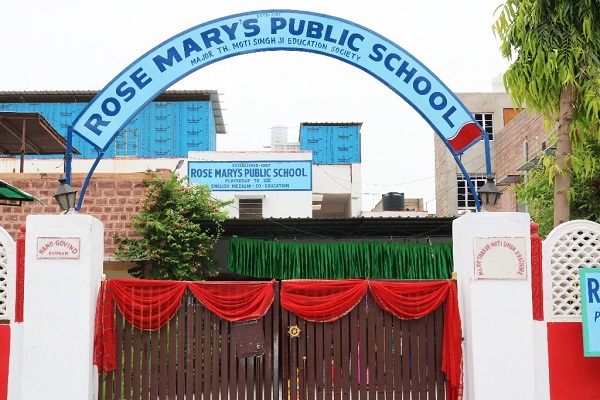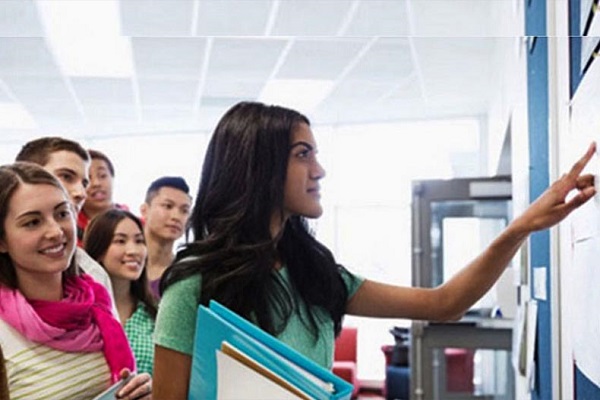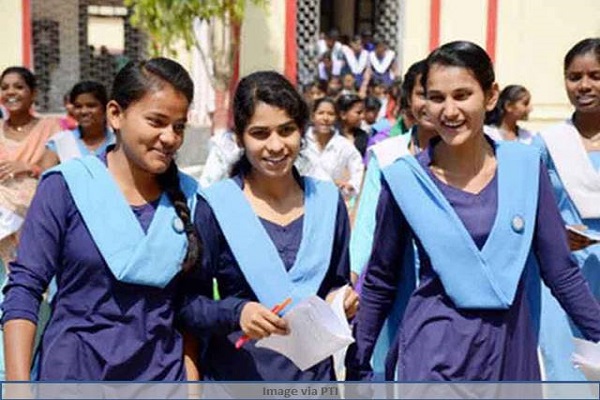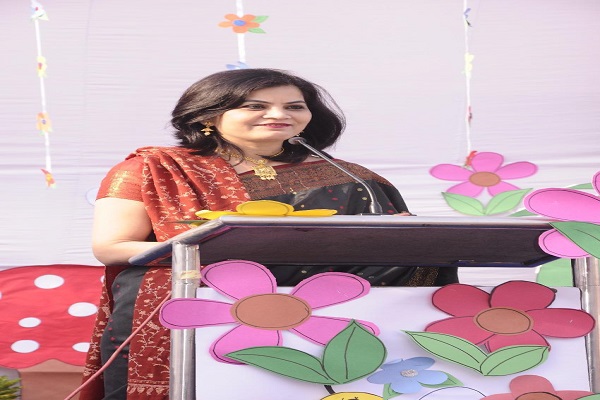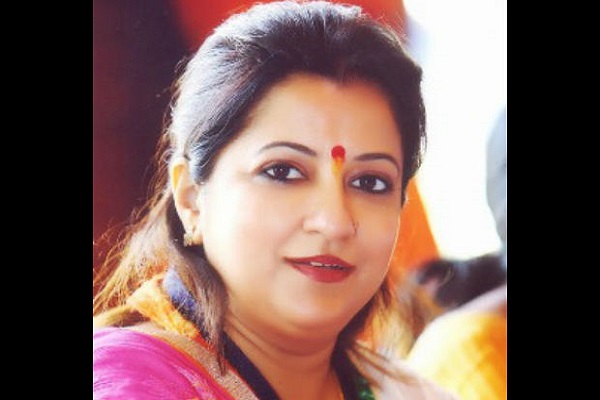The modern purpose of education is to prepare humanity for an unpredictable world,precisely the sort of world that has unexpectedly brought us all, to a standstill within a matter of weeks. We need to explore critical thinking, logic & creativity.
No doubt teachers& students have made adjustments, as many of them are not well equipped with technical tools. The next five years in India will take virtual education as the new norm for it will be a transformation from teacher centric to student Centric education.It is time to embrace blended learning as the new normal.
But we have to remember that digital education needs a balanced coordination between course content, technology & course takers.
The innovative measures taken by our school to encourage remote learning and avoid loss in academics for which a road map was planned as follows:
“Instant Impact Action of 2020……..for a long-term solution by 2025”
- Zero waste Delhi: We as a school have envisaged these ideas of waste management,thereby making useful things out of the waste material found around.“KabaadseJugaad.”
- To make Delhi livable, breathable …… for students believe “ it is doable.” The students parliament online initiated the idea which developed the creative concept among the children. As a result the children are learning the optimal utilization of the resources. This seeds the idea of “reuse and recycle” among the students, aiming towards a green plant.

- A.R.T :Accountability, Review and Transparency To make our theme more authentic,this approach not only initiated the students towards Art integration but also imbibed an idea of sustainability.
Thereby, the students started developing their critical thinking and, adding food for their innovated ideas. Unless there is a scope to think differently, we cannot expect the change will happen and sustain.
Embracing the new is not forgetting the old. Even though remote learning is a dramatic shift from the traditional classroom; we also rely on proven, research-based best practice for engaging students. Inquiry based, hands-on activities that allow students to step away from screens and technology, are utilized to engage students and improve learning.
4 Pillars of Kalka Public School is getting implemented in the online classes
- Sanskaarshala:– We are providing Sanskaarshala through online classes where kids are reciting Shlokas and prayers in the class. Every class is followed by 5 Minutes talk on Moral Values. Teachers are sending videos and links to the students.
- Vidyashala:- We are giving classes with the topics and following the prescribed syllabus, here we are following our unique steps learning. Kids are doing assignments and the teachers are sending various links related to the topics taught in the online classes for their references. Online assessments and parents feedback is regular exercise to give the kids best of the learning.
- SanskritiShala:- Here kids are given Dance, Musics and crafts classes for the segment. We are celebrating the Important days where kids are taking part and doing the activities according to the day celebrated. All the activities are posted on our facebook pages and parents are giving their feedback also.
- Kridashala:- We are providing the kids classes for Physical activities and Yoga to rejuvenate their health. The kids are given these classes regularly by our expert sport teacher.
Tackling the challenges of virtual classes :
• We keep learning simple, positive and fun.
• Send out a class schedule with access details.
• Conduct virtual morning assembly.
• We try to define clear objectives for lessons and set clear expectations for student behavior and classroom etiquette.
• We prepare students for the sessions ahead of time and practice the technology before going ‘live’ with students.
• Use project or inquiry-based learning to relate schoolwork to students’ interests, talents and gifts.
• Try to focus on student-centered, creative experiences, that allow students to work at their own pace.
• We practice interactive modelling through the use of storytelling sessions, using props, short videos.
• Non academic tasks- like tutorials on performing art and visual art, physical fitness, recording songs together,virtual visits (historical sites, museums etc).
• We believe home assignment is a great way to connect students and teachers.
• Teachers send quick and relevant feedback to students to guide and create a sense of engagement.
• We rely on constant feedback from students about their workload, emotional state and learning pace and accordingly make adjustments for each student; one size learning does not fit all.
• Besides these the lessons on Moral skills go hand in hand.
Awareness programmes Initiated:
• We discuss with guardians and tell them now that children are stuck at home they should work with their children and involve them in day to day activities.
• Organised Workshops, seminars by experts in the field of education for parents, students and teachers on cyber safety, health and hygiene and mindfulness.
• We involve guardians in this process and tell them to have an honest dialogue with their children about who they communicate with and how. Spend time constructively celebrating days and festivals at home.
• We tell them to be alert if child appears to be upset or secretive with online activities or if they are experiencing cyber bullying and bring it to the notice of the teachers and utilize 5 minutes of the class to create a direct connect with the children to rebuild his/her confidence.
• Make sure the child logs out before the online teaching ends.
• We create opportunities for children to have safe and positive online interactions with friends, family and you.
• When I talk about safety and security it is not just the physical security and safety of a child I feel we also have to consider the emotional, the intellectual the digital safety and security of a child.All these parameters have to be collaborated together to actually give safe environment to the child at home.when we talk about our school curriculum, it is usually all about science, maths, social studies, languages but along with that we as a parent, educators should talk about value education and collaborate it with our education. So I think in this way we need to intermingle our academics with our values. if you make the child happy the learning will automatically takes place and if learning takes place everything falls in a streamline. So my thought as principal, educators ,as administers is that when we talk about safety and security we need to indulge all the parameters of our academic curriculum. (Video attached)
Motivational & Inspiring quotes for all Education Fraternity:
Finally I conclude with the quote & my mantra:
“To Strive, To Seek, To Find And Never To Yield!”
With the core competencies of taking initiative, managing change, responding proactively, keeping commitments, taking responsibility and practicing accountability.
I strongly embrace and leverage innovation to produce sustain improvement for continuous learning.
I am of the firm belief that the impossible can be achieved with a gentle smile, and a patient hearing. I would like to know that y fragrance lives with the child and I am always remembered as a mentor, friend, for life.









